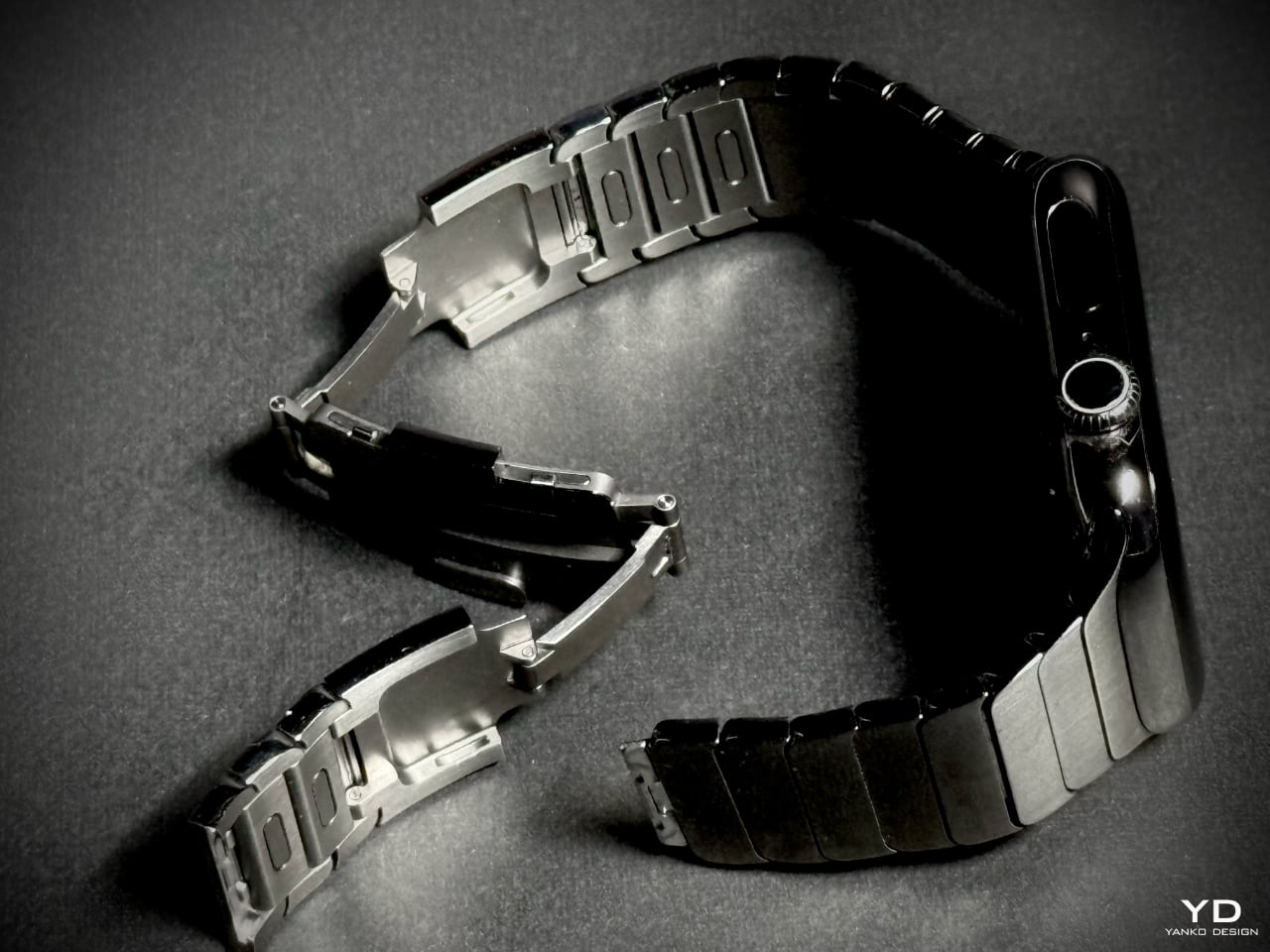
The projects are separated into two categories: ‘Platforms for Next-Generation Battery Manufacturing’ and ‘Smart Manufacturing Platforms for Battery Production.’ On top of that, the former is divided into three subtopics. The first focuses on “advanced processes and/or high-performance processing machines for low cost, large-scale, sustainable, commercial manufacture of sodium-ion batteries.
” In this category, the DOE selected AM Batteries, , and Clean Republic SODO LLC d/b/a Dakota Lithium Materials to receive $2.8 million, $1.5 million, and $2 million, respectively.

The Argonne National Laboratory received 50 million dollars from the DOE to fund the ‘Low-cost Earth-abundant Na-ion Storage’ (LENS) consortium. The goal is to develop long-lasting, high-energy sodium-ion batteries. The second subtopic looks at “design and manufacturing of flow battery membranes, as well as system design and manufacturing for scale-up of flow battery production and cost-effective integration of flow battery systems,” the DOE explains.
Here, too, it selected four companies to support, namely Quino Energy, Arkema, and the University of Akron. They will receive 2.6 million, 2.
1 million, and 1.6 million dollars, respectively. Arkema, for instance, , a sodium-ion cell developer spun off from the French national research centre CNRS (Centre national de la recherche scientifique).
The University of Akron from the DOE in November to work on the recycling of EV battery components and to eliminate the flow of plastics/polymers from end-of-life EV battery packs to landfills and fulfil the objective. For the third subtopic, the DOE selected three projects to support “scalable manufacturing processes and equipment for nanolayered films.” To that end, the University of Maryland and the Illinois Institute of Technology will each receive $2.
6 million. The former is part of . , it received just over 4.
8 million dollars from the DOE to “increase the charge/discharge-rate capability, energy density, and operating temperature window of solid-state lithium metal batteries”. The second category, focusing on smart manufacturing, includes three projects, each of which will receive 2.6 million dollars: Charge CCCV, American Lithium Energy Corp, and Titan Advanced Energy Solutions.
.















